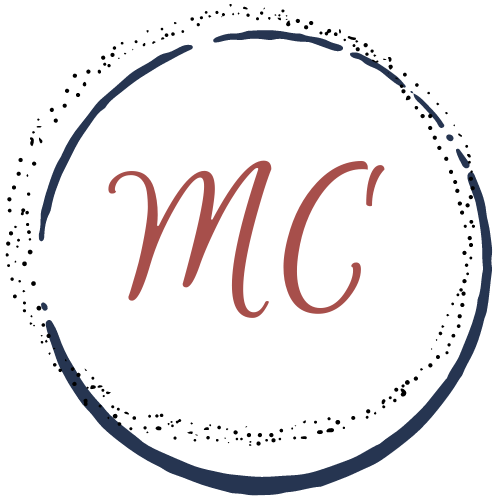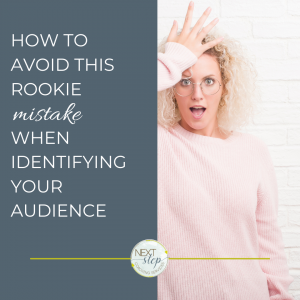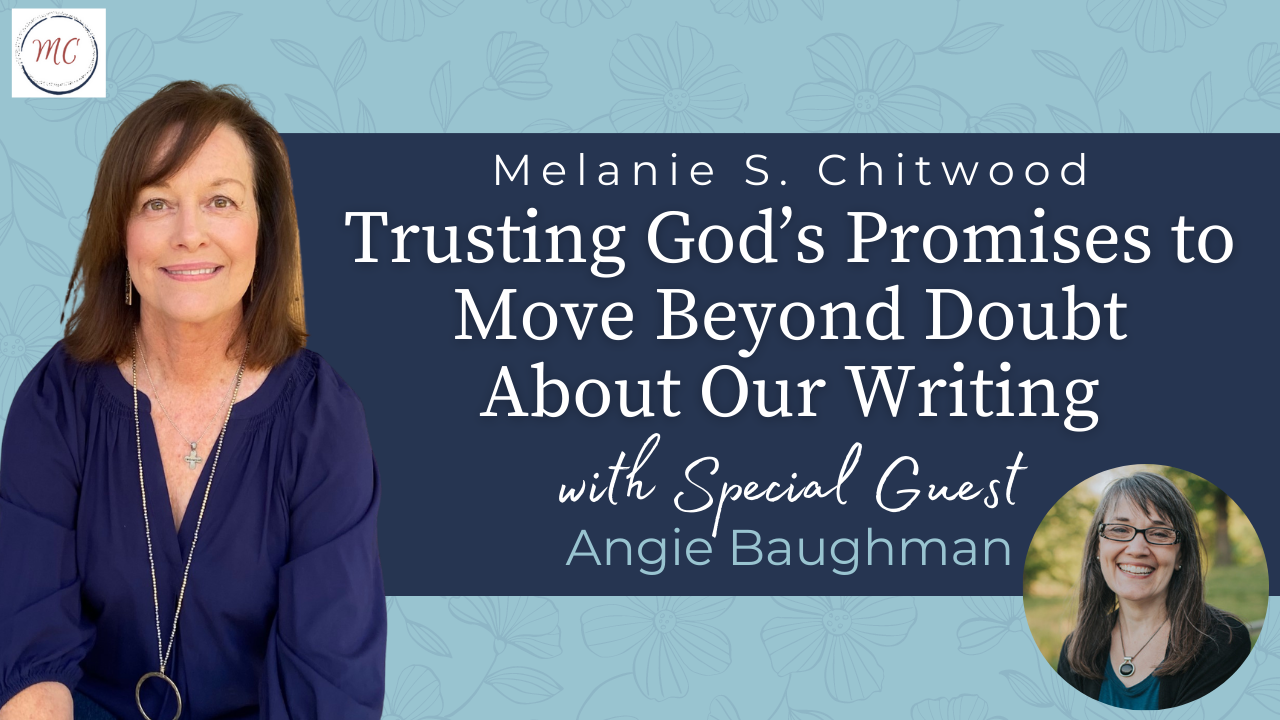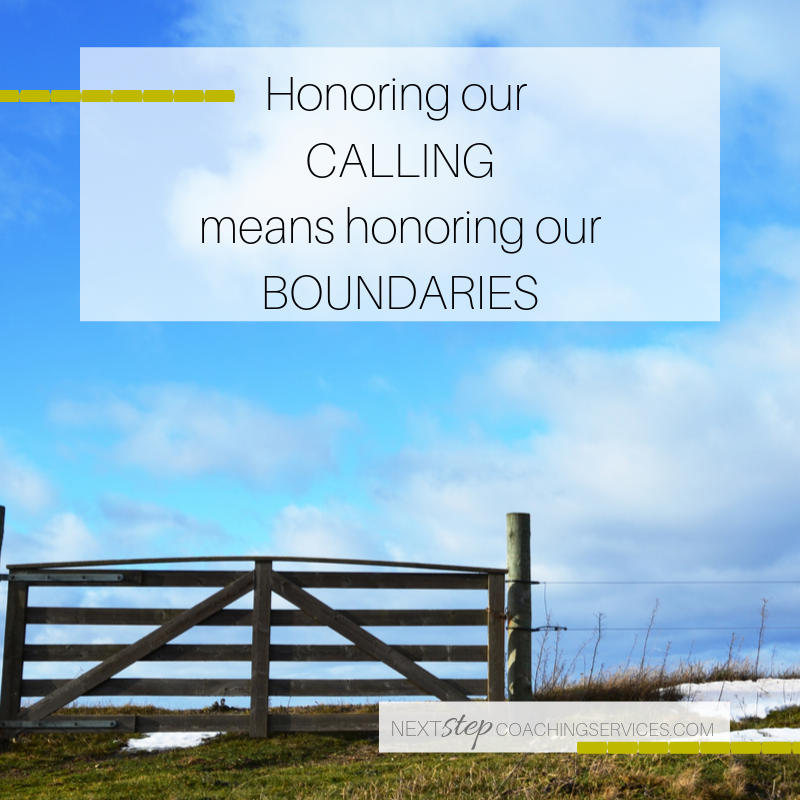How to Avoid This Rookie Mistake When Identifying Your Audience
We need to think about our readers while writing. After all, we’re writing a book to be read, right?
Let’s look at the number one mistake writers sometimes make about their audience.
When working with a client, I asked, “Who do you want to read your book?”
She said, “Everyone.” Well, that’s an audacious goal. But it’s not a realistic one.
#1 Mistake to avoid when identifying your reader: your audience is not everyone.
Everyone is way too broad. So who is your reader?
Identifying your reader starts with understanding the main reason people buy Christian nonfiction: they have a problem or need they want to solve. Another way this can be said is that they have a challenge they want to overcome.
So my client continued to work and came up with this as her audience: women who need encouragement in their parenting journey.
Okay, not as broad as the first example, but still too broad. The writer hasn’t yet identified the reader’s need, pain point, or challenge. I’m still asking a lot of questions: parenting little kids? Teens? Adult children? And why does she need encouragement? Are her kids having tantrums? Disrespecting her? Sneaking out at night? Involved in drugs? Making dangerous choices? Shutting down communication?
Once the writer defines the reader’s pain point, she’ll land on who her audience is.
My client did some more work and arrived at this as her audience: mothers wanting to stay connected to their teens.
Better. She’s identified a pain point – lack of connection. What kind of disconnection does the reader want to avoid?
Her revised audience is this: mothers wanting to stay connected to their teens by keeping communication open, decreasing conflict, and establishing trust.
Identifying our audience in the early stages of writing is important so that our writing is targeted to our audience throughout the writing process.
(for another great article on audience check out this post, “Write for Narcissists.”)
~ Melanie
We’re excited to offer you three affordable workbooks to help you in your writing or speaking journey:
How to Use Scripture in Your Writing;
How to Write a Devotion or Devotional Blogpost;
and How to Write a Meaningful Message.
If you’re already purchased one of these, thank you!







